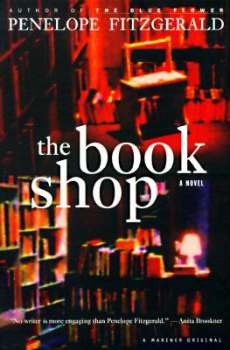This is my first Classics Club Spin, and I'm excited! Each Clubber has a personal list of 50-100 classic books that we have chosen to be our challenge list. For the Spin we pick 20 of those titles and put them into a numbered list. On August 1 the Club moderators will pick a number from 1 to 20 and we have to read that book on our list by the end of August and report back to the Club.
So here's my list. Quite a few novellas, as I have set up a personal challenge called Short Reads Short Reviews (SRSR). Most of these are sitting in my collection somewhere, as reading what I already own is a major theme for me.
- Chinua Achebe, "Things Fall Apart" 1958
- John Barth, "Giles Goat-Boy" 1966
- May Barton, "Elizabeth Gaskell" 1848
- Joseph Bédier, "The Romance of Tristan & Iseult" 1900
- Aphra Behn, Oroonoko, "The Rover and Other Works" <1689
- Daniel Defoe, "A Journal of the Plague Year" 1722
- Honoré de Balzac, "Eugénie Grandet" 1833
- Olivia de Havilland, "Every Frenchman Has One" 1961
- Antoine de Saint Exupéry, "The Little Prince" 1943
- Charles Dickens, "A Tale of Two Cities" 1859
- Nikolai Gogol, "Dead Souls" 1842
- Henry James, "Daisy Miller" 1879
- James Joyce, "Dubliners" 1914
- Herman Melville, "Billy Budd and other Tales" ~1891
- I. E. Rövaag, "Giants in the Earth" 1925
- Anthony Trollope, "The Vicar of Bullhampton" 1870
- Edith Wharton, "The Glimpses of the Moon" 1922
- Edith Wharton, "The Reef" 1912
- Voltaire, "Candide" 1759
- Virginia Woolf, "A Room of One's Own" 1929
Spin On!
UPDATE: The spin is #9, so I'm reading Antoine de Saint Exupéry's "The Little Prince". I guess it's about time I read this popular classic, everyone else seems to have!








